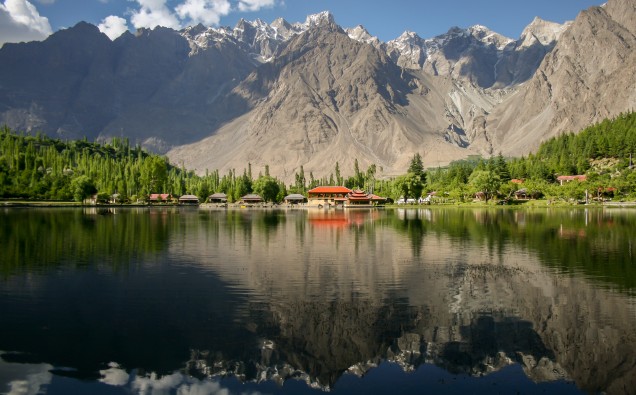
Tourism lies at the heart of interconnected world. But as tourism picks up in countries far and wide, so too use of transport.
And when transport expands, it brings jobs, business and cultural interface. But transport comes at a price – CO2 emissions.
On Thursday, as the world experts weighed in on dimensions of climate change at the UN 2019 Conference in Spain, a new report called for much closer coordination between the tourism and transport sectors.
The Transport Related CO2 Emissions of the Tourism Sector report estimates that by 2030, transport-related emissions from tourism will comprise 5.3 per cent of all man-made carbon dioxide emissions.
UNWTO Executive Director Manuel Butler cautioned against challenges.

A woman selling flowers in Vietnam’s tourist-laden Hanoi wears a mask to mitigate breathing in polluted air Image: UN News/Elizabeth Scaffidi
“While tourism is mentioned in many Nationally Determined Contributions as a big concern, not enough has yet been done”, said Ovais Sarmad, Deputy Executive Secretary of the UN Framework Convention on Climate Change (UNFCCC).
“Industry must do more, but Governments must align their policies, so that at the international level we can collectively work to increase ambition”, Sarmad added. “The One Planet Sustainable Tourism Programme is a vital ongoing mechanism to promote sustainable tourism around the world.”
According to the report, transport-related CO2 emissions require tourism sectors to work closely with transport sectors worldwide in order to support its commitment to accelerate decarbonization.
The UN News Center reported that the tourism industry must determine its own high ambition scenario, complementing the efforts of the transport sector, such as by significantly decoupling growth from emissions, allowing expansion within the international climate targets.
“It is now for the tourism sector, especially tourism policy makers, to use data effectively and ensure the sector plays a leading role in addressing the climate emergency”, concluded the UNWTO chief.
The report comes amid soaring concerns about implications of climate change for the planet and its people. Global warming has already started manifesting in ferocious disasters like flooding, storms, melting of glaciers and summer heat.
iAs in other areas, the world needs to come together to deal with climbing CO2 emissions related to tourist activities – tourism business, government leaders and tourists all have a responsibility to save the sites that are common heritage of humanity.


















